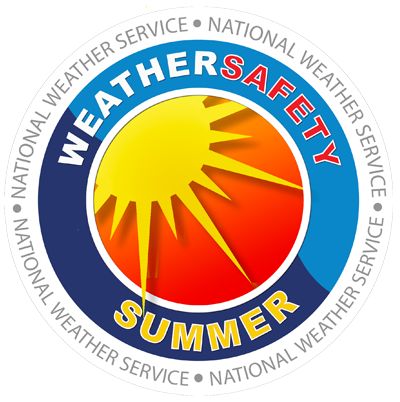| | ||||||||||||||||||||||||||||||||||||||||||||||||||||||||||||||||||||||||||||||||||||||||||
| ||||||||||||||||||||||||||||||||||||||||||||||||||||||||||||||||||||||||||||||||||||||||||
Pankaj Sharma is one of the world's premier speakers on Leadership and Personal Mastery. As a presenter, Sharma has the rare ability to electrify an audience yet deliver uncommonly original and useful insights that lead to individuals doing their best work, teams providing superb results and organizations becoming unbeatable. Pankaj Sharma is also a Research Scientist.
Thursday, June 16, 2022
NASA EXPRESS -- Your STEM Connection for June 16, 2022
Scientist Pankaj
☀️What time is the 'Ring of Fire' eclipse? | 🚀SpaceX's Valentine's Day date at ISS | 🔭'Sun goddess' particle mystery
What time is the Ring of Fire solar eclipse on Feb. 17? | Why solar and lunar eclipses come in pairs | Annular solar e...

-
Join a community of science-loving readers. ͏ ͏ ͏ ͏ ͏ ͏ ͏ ͏ ͏ ͏ ͏ ͏ ͏ ͏ ͏ ͏ ͏ ͏ ͏ ͏ ͏ ͏ ͏ ͏ ͏ ͏ ͏ ͏ ͏ ͏...
-
A free, daily newsletter for anyone who loves science, inspiration and awe ͏ ͏ ͏ ͏ ͏ ͏ ͏ ͏ ͏ ͏ ͏ ͏ ͏ ͏ ͏ ͏ ͏ ͏ ͏ ...
















